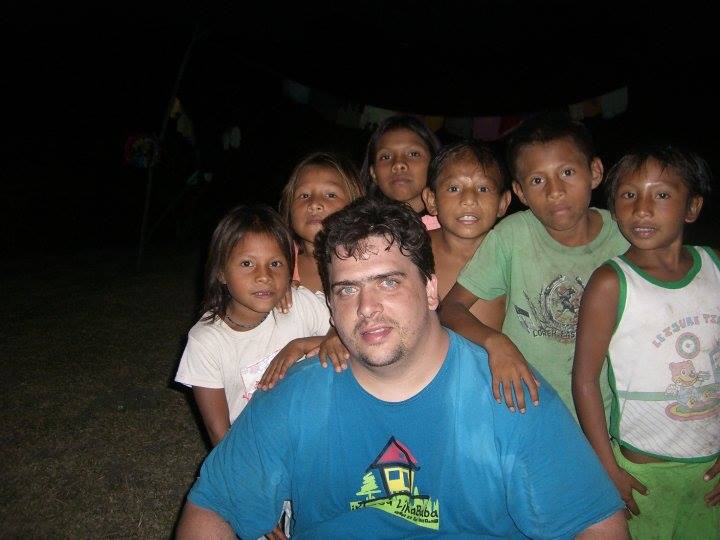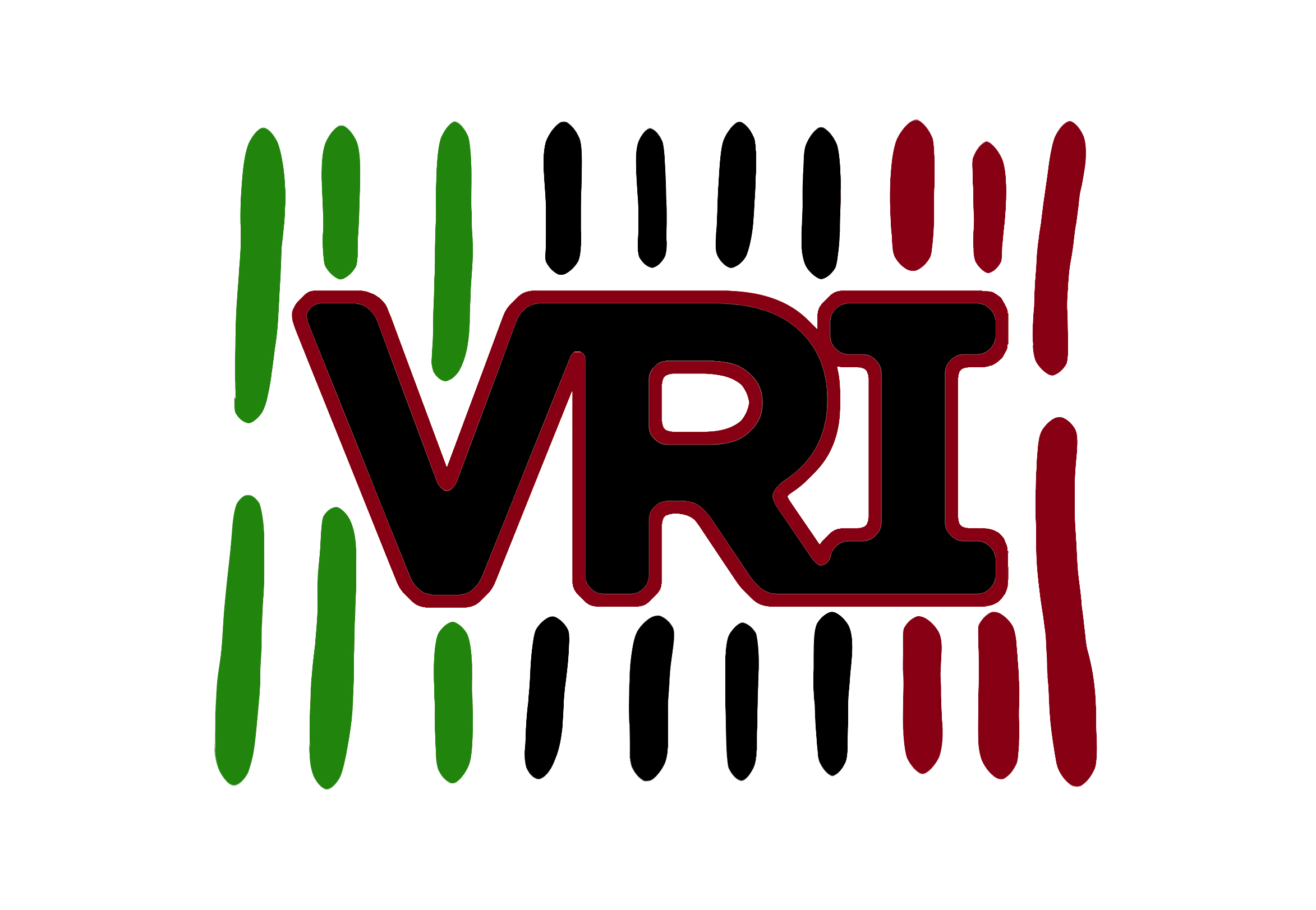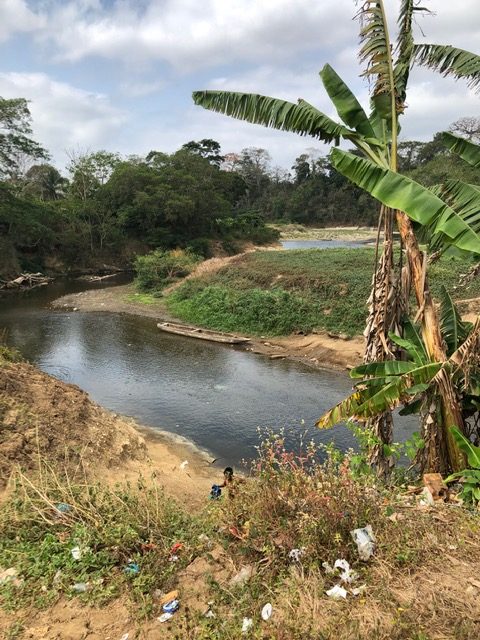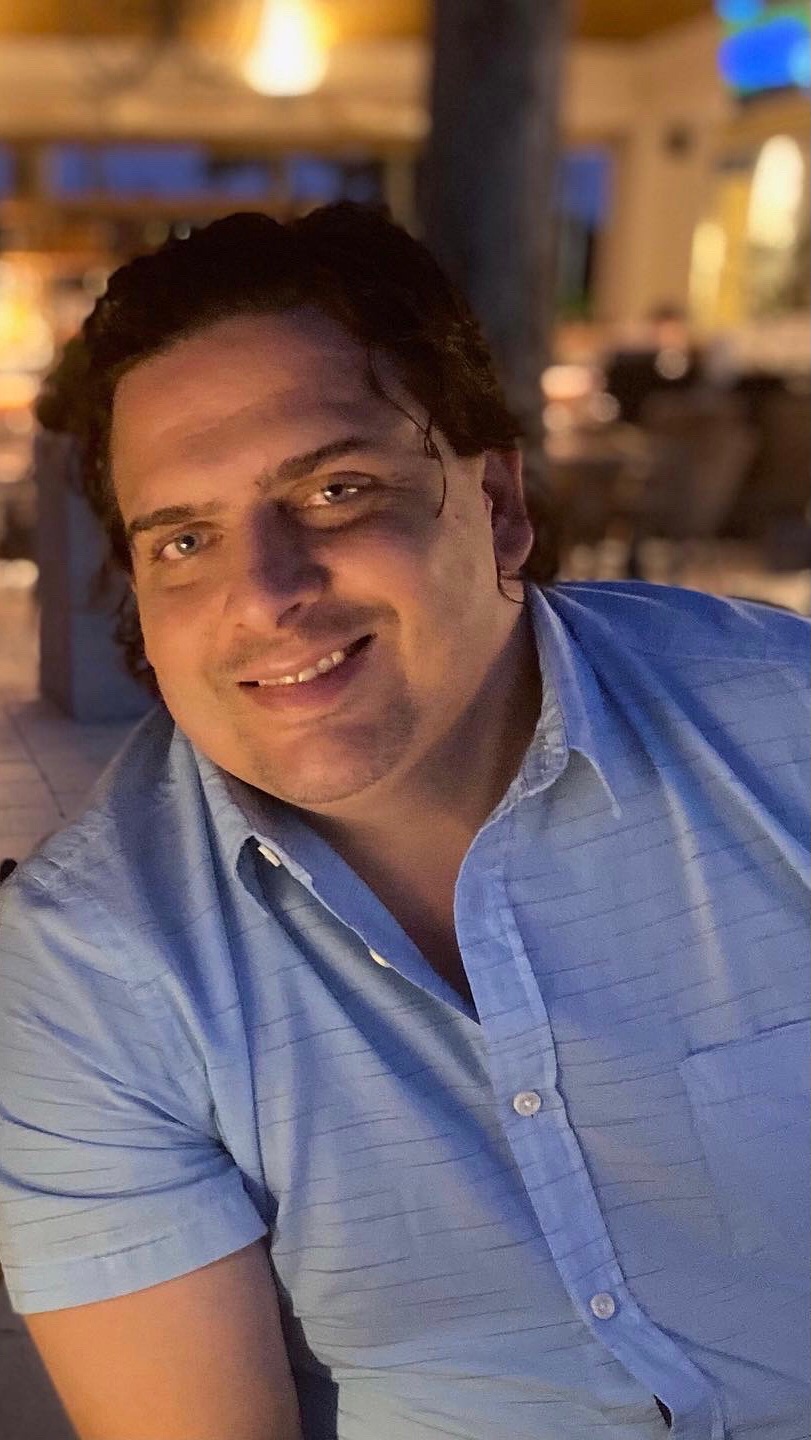Welcome to Village Rights International!
The vision of VRI is to put indigenous rights into action in local indigenous communities. We are now working with Friendly Law towards realizing this vision by providing legal education and advocacy to and about rural indigenous communities in Latin America.
Meet Our Ambassador and Founder of VRI
Village Rights International was founded by director Benjamin Goodman after he studied and witnessed firsthand the legal issues faced by indigenous communities in Latin America.
As a child of missionaries, Benjamin also spent his childhood in close contact with the Kuna community of Morti in the Darien rainforests of Panama. As an adult, Benjamin studied indigenous rights and international development issues in pursuit of a Master of Arts in Development and a J.D. from the University of Florida. He successfully completed these degrees in May of 2012.
Benjamin’s Master’s Thesis was based on ethnographic field research in Panama. The research focused on legal and institutional issues in the case of a USAID funded community-based forest management development project in the Kuna indigenous community of Morti. While pursuing his JD, Benjamin focused on international law and indigenous rights issues.
Rooted in this unique experience, Benjamin founded VRI in order to encourage indigenous communities to “take the law into their own hands” – in a good way. VRI works with indigenous communities to assist them in harnessing the power of the law in order to achieve their own vision for conservation and development.

VRI Mission
Village Rights International is a Florida based non-profit organization that supports legal education and advocacy for rural indigenous communities in Latin America.
VRI currently works to address the legal needs of the indigenous Kuna community of Morti in the Republic of Panama as it deals with the challenges of conservation and development.
The vision of VRI is to put indigenous rights into action! We work towards equipping indigenous individuals and communities to be able to meet the legal challenges of development and conservation.


Panama and Indigenous Rights
Panama has been was a leader in the recognition of its indigenous communities. With the passage of Law No. 20 in the year 2000, Panama began developing the first sui generis Indigenous Intellectual Property system in the world. Panama first set aside a separate region for the Kuna in 1928 and eventually constitutionally recognized indigenous rights in 1983.
Panama has established semi-autonomous status and special voting rights for the Kuna and two other indigenous groups, across five separate regions. These regions are divided into electoral circuits which send representative to the National Assembly. Three of these regions are inhabited by Kuna. The largest and most well known of these regions is Kuna Yala, also known as San Blas, which has a population of over 50,000 Kuna.
Kuna Yala consists primarily of a expansive chain of islands along Panama’s north eastern coast. Madungandi and Wargandi, the other two Kuna regions, are located in the interior of the Darien Provence and have much smaller populations. These regions in particular seem to lack from adequate legal representation, and are particularly vulnerable to being exploited.
The indigenous Kuna communities of the Wargandi Comarca (Indigenous Territory) of Panama face the following challenges:
Specific
- Limited knowledge of legal rights and responsibilities.
- Limited social capacity to address legal issues.
- Lack of resources for legal advocacy.
General
- Social and geographic marginalization
- Racism
- Extreme Poverty
- Lack of Social Capacity
- Lack of Political Power
- Misappropriation of Land and Natural Resources
The vision of VRI is to put indigenous rights into action in local indigenous communities. We work toward realizing this vision by providing legal education and advocacy to rural indigenous communities in Latin America.
Our programs equip indigenous individuals and communities to be able to address the legal challenges associated with development and conservation.
What’s New?
Biography of Teobaldo Martinez
Getting to Morti
Colonos
Let’s Work Together!
We look forward to partnering with you to bring legal education and advocacy to rural indigenous communities in Latin America.
Donate today and be part of the change!




